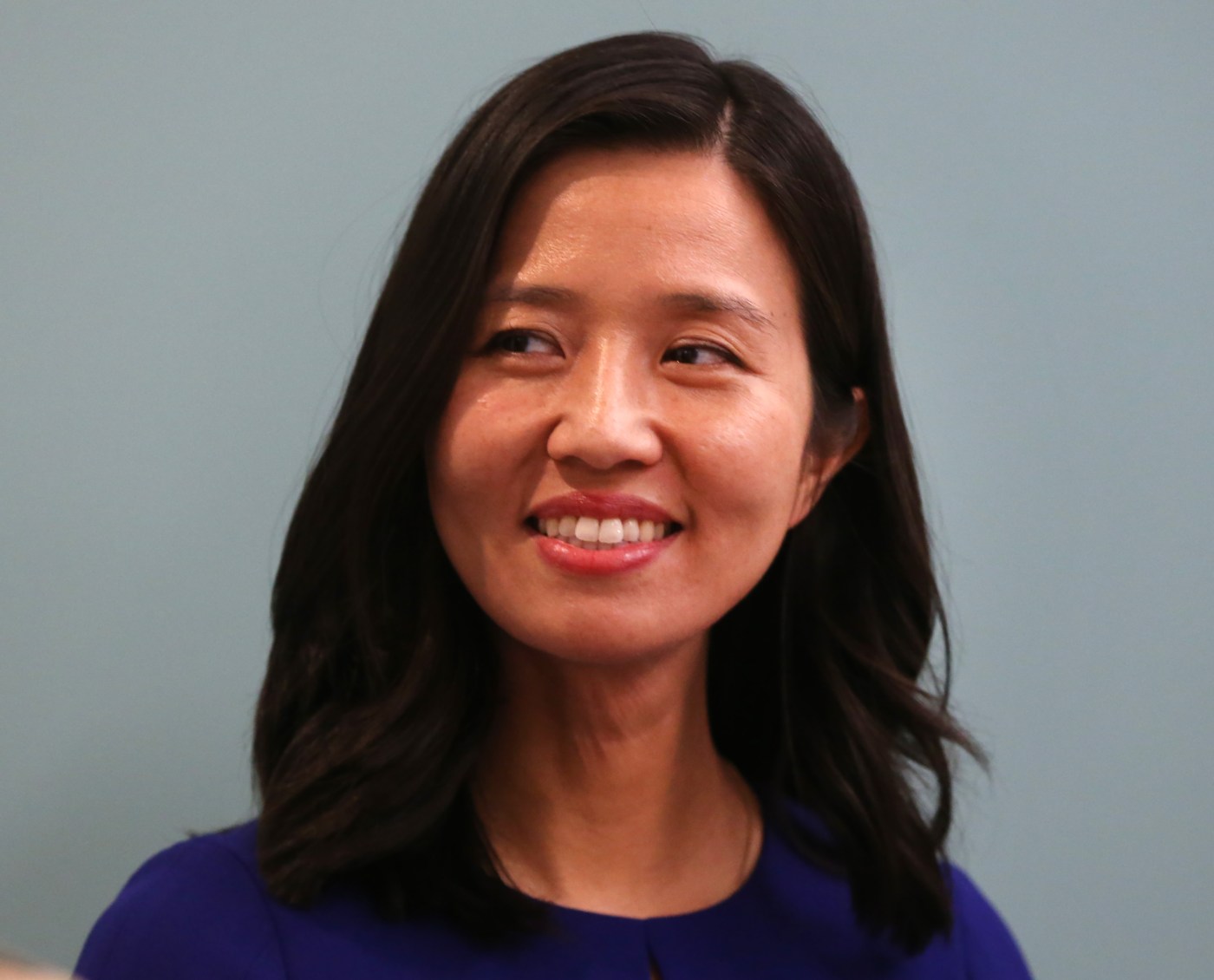
Amid pushback, Boston Mayor Wu backs police use of ShotSpotter technology
Amid pushback from her progressive counterparts, Boston Mayor Michelle Wu strongly backed the police department’s plans to continue using ShotSpotter, technology she said has led to “countless instances” of lives being saved in the city.
Batting away criticism that the gunshot detection system used in Boston for nearly 20 years is ineffective and racially biased, Wu said the city’s strategy to use it mainly in minority communities aligns not only with data that shows gun violence disproportionately occurs in those areas, but with feedback from residents there who often say they want a faster police response and better surveillance.
Related Articles
After gun scare, police union says Boston City Hall security ‘no match’ for armed assailant
Boston Mayor Wu’s commercial tax rate plan will backfire on residents, business leaders say
Two people enter Boston City Hall with gun, City Council meeting disrupted
Report: Boston Mayor Wu’s plan to increase commercial tax rates is bad for business
Boston mayor, police seek to curb summer spike in gun violence
Wu further stated that the city would not consider waiting to sign a new contract with SoundThinking, the California company that produces ShotSpotter, when the current three-year deal expires next month, echoing remarks made earlier this month by Boston Police Commissioner Michael Cox.
“I agree and stand by Commissioner Cox in his assessment that having the fastest access to information around where gunshots take place in our city has led to countless instances of lives being saved,” Wu said Friday on WBUR’s Radio Boston.
The city pays $782,610 under its current contract for the ShotSpotter technology. Several city councilors had been pushing for a delay given the concerns raised in a report issued last month by the American Civil Liberties Union, which, citing public records from the Boston Police Department, found that nearly 70% of ShotSpotter alerts resulted in no evidence of gunfire from 2020-22.
The criticism gained more prominence when the ACLU report was cited by three members of the city’s Congressional delegation — U.S. Senators Ed Markey and Elizabeth Warren and Rep. Ayanna Pressley — in a letter they signed onto calling for a national probe into how ShotSpotter is funded.
The investigation would, in part, look into whether the Department of Homeland Security’s spending of taxpayer dollars on the gunshot detection technology is a violation of the Civil Rights Act of 1964, “which prohibits recipients of federal financial assistance from discriminating based on race, color and national origin.”
The lawmakers wrote that “substantial doubt” has been cast on the accuracy and effectiveness of ShotSpotter, which places sensors that detect audio aimed at transmitting the sound of gunshots to garner a rapid police response, and serious questions have been raised “about its contribution to the over-policing of black, brown and latino communities.”
Former Boston Police Commissioner Bill Bratton, who also led police departments in New York City and Los Angeles and sits on the SoundThinking board, weighed in last week on what he described as the “foolish” assertions that ShotSpotter technology is racially biased, saying that it’s placed where shootings mostly occur.
He accused the politicians making those claims of being more concerned with scoring political points than saving lives.


